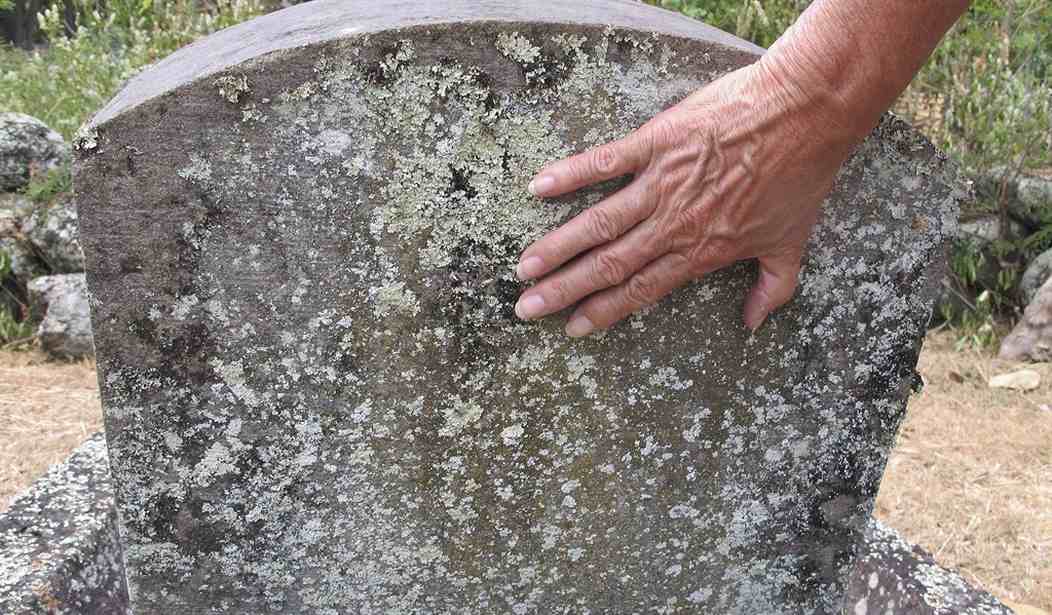I was a young chaplain intern and still tying my tie when I walked into the ICU. I had been settling in for the evening when my pager went off, an indicator that a patient at the hospital was dead or dying, and my services would soon be needed. I was at the ICU for only a moment when the patient's daughter walked in. "Is he dead?" she asked. The doctor informed her that her father had indeed passed. She replied, "Oh, thank God." It was not a callous remark. The man had lingered on life support for days, hovering between life and death, and was finally out of pain. She was relieved that her father was at peace.
For a kid just two years out of college, a chaplaincy internship was a crash course in life and death. I saw patients depart this world surrounded by family and friends. I sat with people struggling with terminal cancer diagnoses who had given up and were waiting to die. One morning, I was rattled awake by the pager. Not one but two babies were on their way to the ER. They were SIDS deaths. There is something surreal about a dead infant. It is not just a heartbreaking sight but something the civilized mind does not process easily. Nor does one forget the sight or sound of a grieving mother cradling her baby one last time before releasing her child to the morgue.
The first time a chaplain is called to the ER, it is a bit of an initiation. All eyes turned toward me as I walked in wearing my tie and my little name badge. The ER staff was gauging me, waiting to see how I would handle my first outright tragedy.
A woman had tried to take her own life, and her husband and daughter were present on the other side of the curtain as the doctors and nurses tried to save her life. At one point, a nurse took me aside and said, "The doctor's going to call it. Take the family down the hall while we finish up." The chapel was "down the hall." The woman had succeeded. The medical team wanted to clean the woman up and remove the various medical tools so that when the family was brought back in, they would have time to grieve without all of the implements, bandages, and other things covering her.
As I opened the door to the chapel, a look of horror crossed the husband's face. He knew why we were going in there. His daughter stared straight ahead, and a low moan of "Oh no, no, no" escaped the man's lips.
Not all deaths are sad. Some are indeed celebrations of life. In my radio days, when I was still flirting with becoming a man of the cloth, the owner of the local biker bar passed away. He was a listener of mine who used to call me up and say, "Be careful of those liberals, son." His family requested that I officiate at the service. The service itself was a succession of people telling wild, wonderful, and often crazy stories about the deceased. There were some tears but mostly laughter. As per the man's last request, his cremated remains were not interred but shot out of a cannon. They were in an antique milk can on the altar during the funeral. As I was taking the can to his daughter, my grip slipped, and the lid nearly came off. I told the daughter, "I'm sorry, I just came about an inch from accidentally scattering your dad all over the church." She gave me a hug and said, "He would have found that hilarious!"
Death is inevitable for each of us. While we understand that on a subconscious level, it is not something we often think about until it is unavoidable. As I write this, the mountains behind my house are decked out in their best fall colors. Down in the valley, the temperature is in the high 70s. The sky is clear and blue. A neighbor is mowing the grass, and kids at the nearby elementary school are screeching and squealing during recess. We are miles away from Ray Bradbury's October Country.
Yesterday, reports surfaced that the Sarco suicide capsule was used to successfully terminate the life of an American woman in Switzerland. Fox News reported that authorities made arrests in connection with the assisted suicide.
The New York Post notes that the woman whose passing was reported on Tuesday was not supposed to be the first person to end their life in the Sarco pod. The 55-year-old American woman who is being identified by the psuedonym Jessica Campbell was going to be the first. Campbell suffered from kidney disease and an illness with her nervous system called polyneuropathy. In a letter she wrote before her death, she maintained that she spent her life savings of $40,000 for the trip to Zermatt to end her life via the pod and with the help of the Swiss organization, the Last Resort, which is helmed by Florian Willet and Fiona Stewart. The Last Resort is the Swiss affiliate of the group Exit International.
Campbell said that upon her arrival in Switzerland, she was subjected to what she called a "media circus" and had to participate in "embarrassing" interviews to hype her upcoming suicide. To add further insult, she claimed that Willet and Stewart asked her to pay for expenses for the media junkets, claiming, “You’re going to die soon anyway, so you don’t need your money anymore.”
Campbell decided she no longer wanted anything to do with the proceedings, but upon backing out, she stated that she was abandoned in Zermatt by Willet and Stewart with no funds. She said, “I sacrificed everything, used up all resources, and cut off all ties, believing that Sarco would offer me a peaceful end.” She eventually sought out another Swiss company for her assisted suicide.
For its part, Last Resort says that Campbell's scenario was "not plausible," adding, “For us to rub it in the faces of people who are ready to die that they will soon be dead anyway would be a rude and unsavory act that could not be more strange to us.”
The Post said that Willet was one of the people arrested this week in the suicide of the other woman and was present at her death.
The allegations of exploitation should be easy enough to prove in this day and age. The accusations regarding the money, maybe not so much. However, there is a more significant issue here. If Campbell's assertions are true, we are headed into an era in which death is commercialized. Every death, whether it is the death of an infant, a suicide, or even the crusty old owner of a biker bar who was sent into the next world via cannon and amid the subsequent consumption of copious amounts of libations, has meaning, whether people are mourning or celebrating. Death has meaning because life has meaning. Reducing death to nothing more than a financial transaction or a photo op means that life is worth about the same.










Join the conversation as a VIP Member